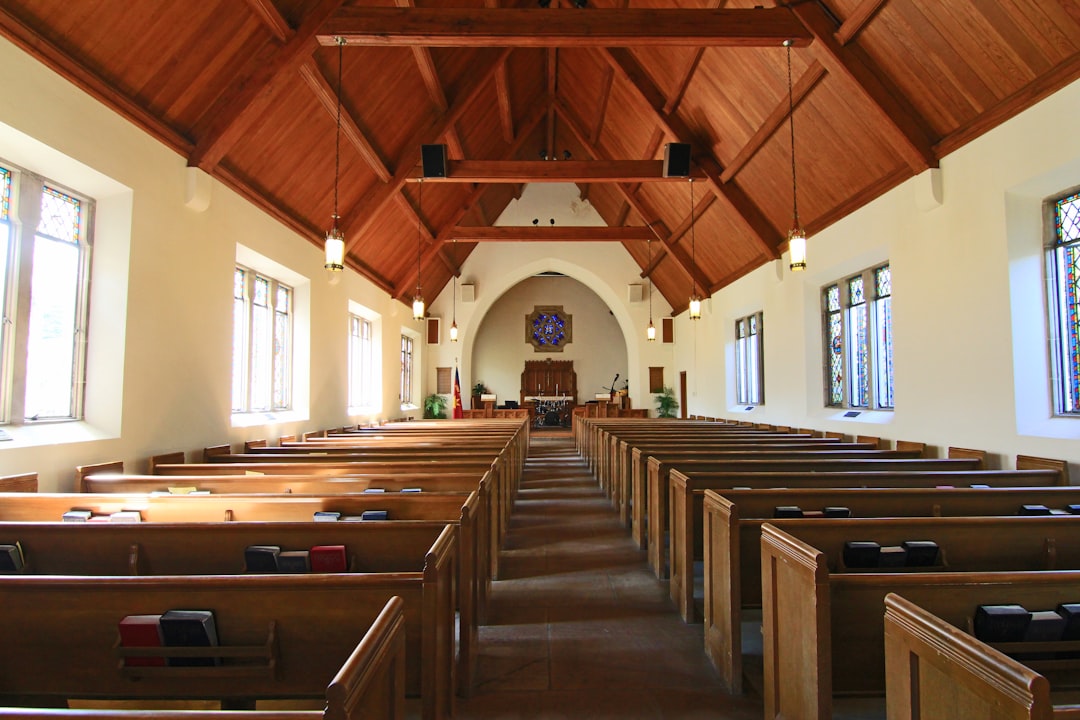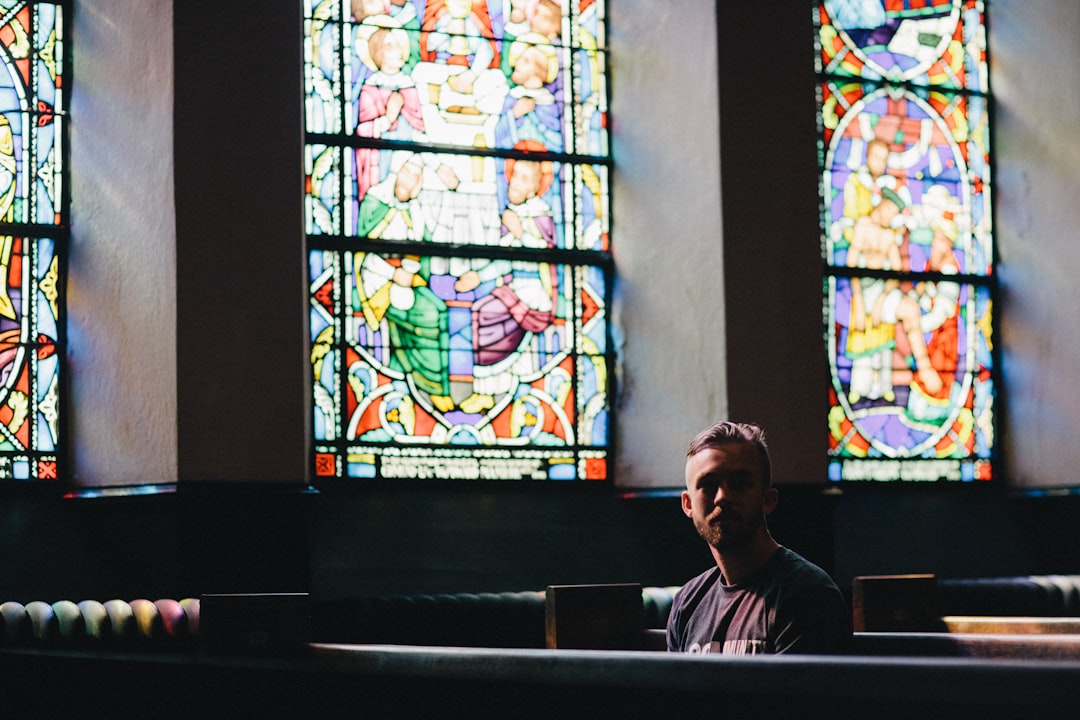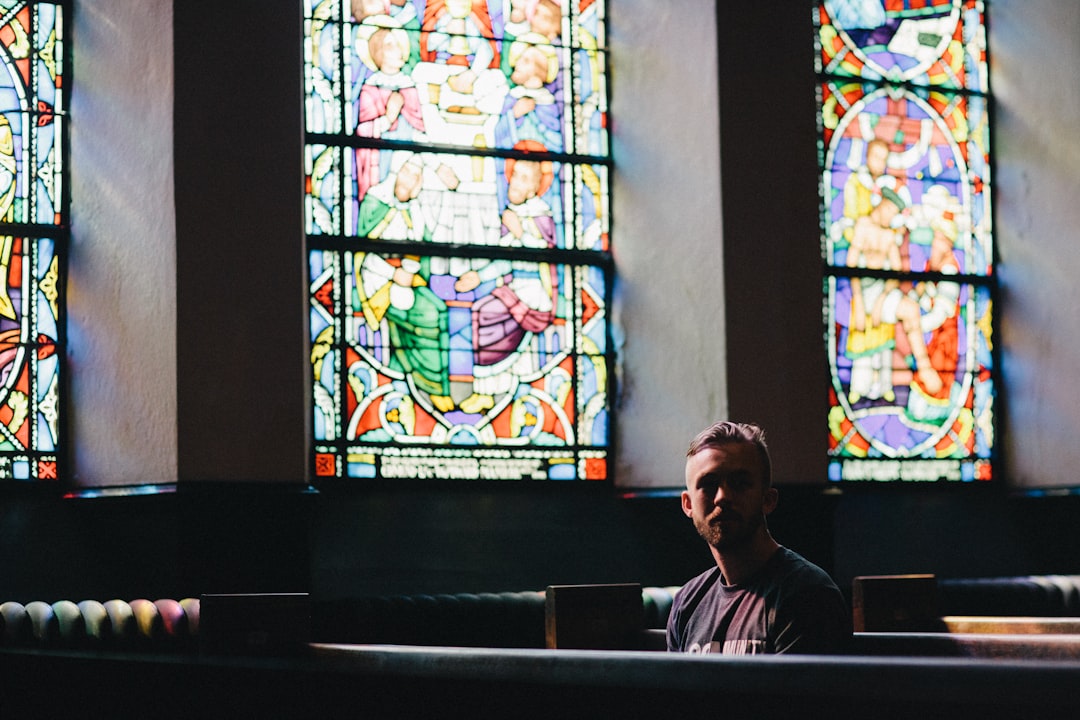In Texas, clergy abuse is a serious issue requiring sensitive legal handling. Victims of verbal harassment to physical assaults in religious settings often face trauma and fear when coming forward due to power dynamics. Clergy abuse lawyers and attorneys play a crucial role in guiding victims through the legal process, protecting their rights, and navigating complex laws. State laws like the Texas Penal Code provide provisions for prosecuting sexual assault, battery, and intimidation within religious institutions. Victims should gather evidence, research experienced clergy abuse law firms, consult with lawyers, and connect with non-profit organizations offering support and counseling. Specialized clergy abuse lawyers and attorneys help survivors hold perpetrators accountable and secure fair financial settlements.
In Texas, addressing clergy abuse is a critical issue that demands legal attention. This comprehensive guide explores the complex landscape of protecting victims and seeking justice. We delve into the nuances of recognizing and defining assault claims within the religious context, highlighting the specific challenges faced by those in spiritual leadership roles.
Understanding the applicable laws and navigating the legal process is essential for survivors to find closure and accountability. This article equips individuals with knowledge on how to connect with a skilled clergy abuse lawyer Texas and access available resources, ensuring their rights are protected.
Understanding Clergy Abuse: Recognizing and Defining Assault Claims in Texas

In Texas, clergy abuse is a serious issue that requires sensitive and specialized legal handling. Understanding what constitutes assault within this context is pivotal for victims seeking justice. Assault claims in Texas related to clergy abuse often involve a range of behaviors, from verbal harassment and psychological manipulation to physical assaults. These instances can occur within religious institutions or during spiritual retreats, services, or counseling sessions.
Victims may experience trauma and fear when coming forward due to the power dynamics at play between clergy members and their followers. A clergy abuse lawyer in Texas plays a crucial role in helping victims recognize and define these claims. They guide individuals through the legal process, ensuring their rights are protected while navigating the complexities of religious and civil laws. Many victims turn to clergy abuse attorneys in Texas or clergy abuse law firms in Texas for support, seeking justice and closure from what can be a deeply disturbing experience.
The Legal Framework: Exploring Texas Laws and Their Application to Clergy Assault Cases

In Texas, the legal framework surrounding clergy assault claims is as complex as it is critical. When addressing cases of abuse within religious institutions, state laws play a pivotal role in ensuring justice and providing avenues for victims to seek redress. The Texas Penal Code offers a range of provisions that can be applied to clergy abuse cases, including charges related to sexual assault, battery, and intimidation. These laws are instrumental in holding accountable individuals who engage in criminal conduct against members of the clergy.
For victims of clergy abuse, navigating these legal complexities can be daunting. This is where specialized clergy abuse lawyers Texas prove invaluable. Such attorneys, along with their law firms, have an in-depth understanding of the unique challenges presented by these cases. They guide clients through the process, ensuring compliance with applicable laws and helping them access the support they deserve. Whether it’s a clergy abuse attorney Texas or a prominent clergy abuse law firm Texas, professionals dedicated to this field offer expertise that can significantly impact the outcomes of such sensitive legal matters.
Navigating the Process: Steps to File a Claim and Finding the Right clergy Abuse Lawyer in Texas

Navigating the process of filing a claim for clergy assault in Texas can be daunting, but with the right guidance, it is possible to seek justice and closure. The first step is to gather evidence, including any documentation related to the incident, such as medical records, police reports, or witness statements. It’s crucial to contact a reputable clergy abuse lawyer in Texas who specializes in these cases. They will help you understand your legal rights and options, ensuring that all necessary steps are taken promptly.
Finding the right clergy abuse attorney Texas involves thorough research. Look for law firms with experience handling similar cases, positive client testimonials, and a proven track record of successful outcomes. During initial consultations, discuss fees, communication expectations, and the firm’s approach to your case. Choose a lawyer who makes you feel heard, respected, and confident in their ability to represent your interests effectively against the clergy abuse law firms Texas that may be involved.
Supporting Victims: Resources and Compensation for Clergy Abuse Survivors in Texas

Surviving clergy assault can be a deeply traumatic experience, and it’s crucial for victims to know they aren’t alone. In Texas, several resources are available to support those who have experienced such abuse. Many non-profit organizations offer counseling services, legal advocacy, and emotional support groups specifically tailored for survivors of sexual misconduct within religious institutions. These organizations often work closely with clergy abuse lawyers in Texas to ensure that victims receive the justice they deserve.
For legal compensation, those affected by clergy abuse in Texas can seek representation from specialized clergy abuse law firms or attorneys. These professionals are well-versed in state laws and have experience navigating complex cases involving religious organizations. They can help survivors understand their rights, file lawsuits if necessary, and pursue fair financial settlements. This support is vital not only for holding perpetrators accountable but also for helping survivors heal and rebuild their lives.






